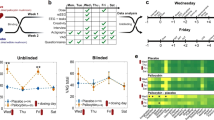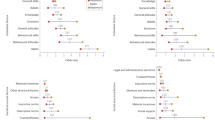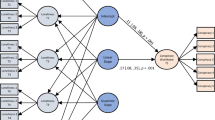Abstract
WHEN I was invited to deliver the Huxley Lecture, and I need not say how great a distinction I felt the invitation to be, I thought how much better it would have been if the address could be delivered by one with much longer and more intimate associations with the great man whose memory we have met to honour. My mind at once turned to my friend Sir Ray Lankester, who, when Huxley died, could look back over nearly forty years and write: “There has been no man or woman whom I have met on my journey through life, whom I have loved and regarded as I have him, and I feel that the world has shrunk and become a poor thing, now that his splendid spirit and delightful presence are gone from it. Ever since I was a little boy he has been my ideal and hero.” I would that he could be here to tell us of his abiding memories; but as this cannot be, he has most kindly yielded to the wish of an old friend and has sent a message:-
This is a preview of subscription content, access via your institution
Access options
Subscribe to this journal
Receive 51 print issues and online access
$199.00 per year
only $3.90 per issue
Buy this article
- Purchase on Springer Link
- Instant access to full article PDF
Prices may be subject to local taxes which are calculated during checkout
Similar content being viewed by others
Rights and permissions
About this article
Cite this article
POULTON, E. Thomsa Henry Huxley. Nature 115, 704–708 (1925). https://doi.org/10.1038/115704a0
Issue Date:
DOI: https://doi.org/10.1038/115704a0
Comments
By submitting a comment you agree to abide by our Terms and Community Guidelines. If you find something abusive or that does not comply with our terms or guidelines please flag it as inappropriate.



